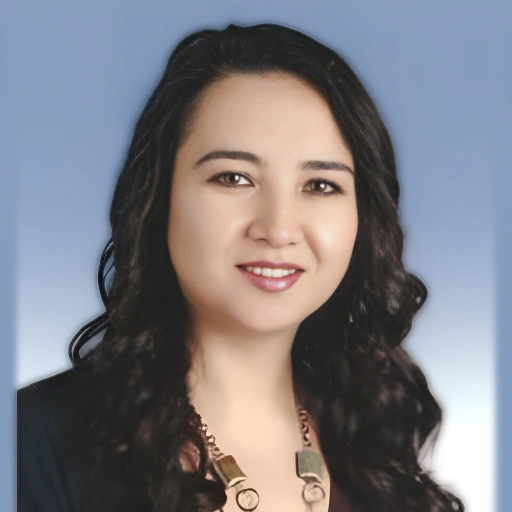Yazarlar (11)



Prof. Dr. Mutlu Pınar DEMİRCİ GÜLER
Kırşehir Ahi Evran Üniversitesi, Türkiye

Muğla Sıtkı Koçman Üniversitesi, Türkiye


Aksaray Üniversitesi, Türkiye


Bolu Abant İzzet Baysal Üniversitesi, Türkiye

Prof. Dr. Özkan GÖRGÜLÜ
Kırşehir Ahi Evran Üniversitesi, Türkiye
| Makale Türü |
|
||
| Dergi Adı | Journal of Turkish Science Education | ||
| Dergi ISSN | 1304-6020 Scopus Dergi | ||
| Dergi Tarandığı Indeksler | EBSCO | ||
| Makale Dili | İngilizce | Basım Tarihi | 09-2014 |
| Cilt / Sayı / Sayfa | 11 / 3 / 79–102 | DOI | – |
| Özet |
| We investigated the belief system of Turkish preservice science teachers (PSTs) about teaching a socioscientific issue (GM Foods) using a belief system model. This model includes three belief pools: content beliefs (CBs), core pedagogical beliefs (CPBs) and pedagogy of content beliefs (PCBs). Based on this model, we developed a questionnaire in order to see interrelationships among three belief pools about teaching GM Foods. For content beliefs, we selected content knowledge, risk perceptions, moral beliefs and religious beliefs. For pedagogy of content beliefs, we selected teaching efficacy, preferred teaching methods and preferred teacher's roles. We administered the questionnaire to 423 PSTs. Using correlation analysis, multinomical logistic regression and structural equation modelling we tried to understand the relationships between CBs and PCBs and to make interpertations about possible CPBs working as a filter between CBs and PCBs. The results show that PSTs are relatively knowledgeable, hold high risk perceptions and certain moral and religious beliefs about GM Foods. They possess high teaching efficacy beliefs, choose the teaching role of Neutral Impartiality and prefer large class discussion and computerassisted teaching. As core pedagogical beliefs (CPBs), they may have traditional epistemologies, moral and religiously-based teaching goals. |
| Anahtar Kelimeler |


